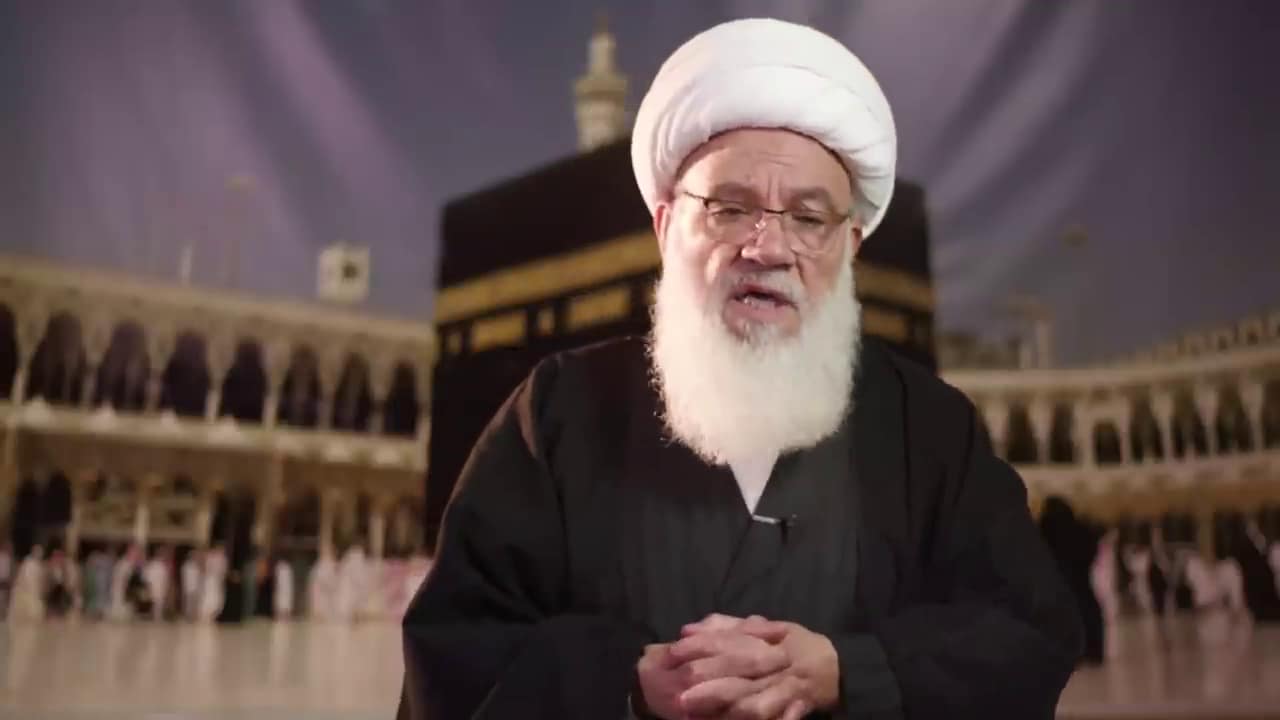
MEMRI's Director of Reform in the Muslim World Mansour Al-Hadj discussed the recent arrests of human rights activists in Saudi Arabia. Al-Hadj said that the lack of political reform under Saudi Arabia's Crown Prince Muhammad bin Salman has disappointed those who were hopeful about his rise to power. He criticized the continued imprisonment of political prisoners and said that women's new right to drive is "a formality" because "Saudi Arabia could not defend [these prohibitions] anymore." The interview aired on Al-Hurra TV (U.S.) on July 31, 2018.
Host: "In an article titled 'This Is What I Would Do If I Were Muhammad Bin Salman,' which you published on alhurra.com, you said that if you were the Saudi crown prince, you would take certain measures. First, you said, you would release all the political prisoners and detainees, who were arrested for demanding political reforms in Saudi Arabia."
Mansour Al-Hadj: "This was a proposal to turn a new leaf in Saudi Arabia, based upon the assumption that everybody has rights and duties. Everybody has the right to play a role in the building of the new kingdom. Most Saudi human rights activists were filled with optimism when Muhammad bin Salman rose to power. But unfortunately, instead of releasing the political prisoners, he increased their numbers. For the first time, the [political] prisoners in Saudi Arabia have reached such a high number, and include well-known figures in society, some of whom are the most knowledgeable, the most capable, and the most zealous for their country."
Host: "The Saudi authorities say that these are legal measures, in keeping with Saudi law, and in light of what they consider to be violations of the law."
Mansour Al-Hadj: "No. The detentions are absolutely not in keeping with the law. As my colleague Al-Dubeissi said, the whereabouts of most of the prisoners are unknown even to their families. They are not allowed to hire lawyers, and they do not know what they are accused of. These are arbitrary arrests. People may be detained for interrogation, but they are not [officially] imprisoned and do not face trial, and we do not know what has become of them. These are violations of human rights.
[...]
"Muhammad bin Salman rose to power, but he has not committed himself to any political reforms. Everybody is talking about economic and social reforms, but I believe that political reforms are the most important thing. The citizens' participation in the building of their country is also a very important matter.
[...]
"Until a few months ago, Saudi Arabia was the only country in the world that did not allow women to drive cars. So what are we talking about here? Even in areas that are under the control of Al-Nusra Front or Hay'at Tahrir Al-Sham, women are allowed to drive cars..."
Host: "Things are just starting to happen A substantial change has started to happen, but things are taking place gradually."
Mansour Al-Hadj: "These are all formalities. Saudi Arabia could not defend [these prohibitions] anymore. In the past..."
Host: "Excuse me, when you say 'formalities'... For years you have been saying that women in Saudi Arabia are not allowed to drive, but when they are finally allowed to drive you call it a formality?"
Mansour Al-Hadj: "It is indeed a formality, because Saudi Arabia could no longer defend its denying women one of their basic human rights. It was becoming increasingly difficult to justify it. I do not think that Saudi Arabia has any reason to be happy or to celebrate. Saudi women should be compensated for all the years in which the Saudi authorities did not allow them to drive. The Saudis are calling for real reforms, such as freedom of speech. There are detainees..."
Host: "But why don't we see demonstrations in which these demands are made? In the so-called 'Arab Spring' – regardless of its outcome in some countries – people took to the streets and demanded reforms. Why don’t we see this in Saudi Arabia? Are they trying, but are being stopped, or perhaps they are content with the current state of affairs and wish to avoid the same fate as in some of the Arab Spring countries?"
Mansour Al-Hadj: "The Saudi authorities arrest people for merely tweeting, or, as in the case of Dr. Salman Al-Ouda, for refraining from showing support. Therefore, demonstrations are out of the question. Demonstrations are completely forbidden. When demonstrations took place in the Eastern Province, in Al-Awamiyah and elsewhere, live ammunition was used to disperse them. In 2011, young people took to the streets and demanded their rights, but they were suppressed. Even those who demonstrate for the sake of Gaza are arrested."












